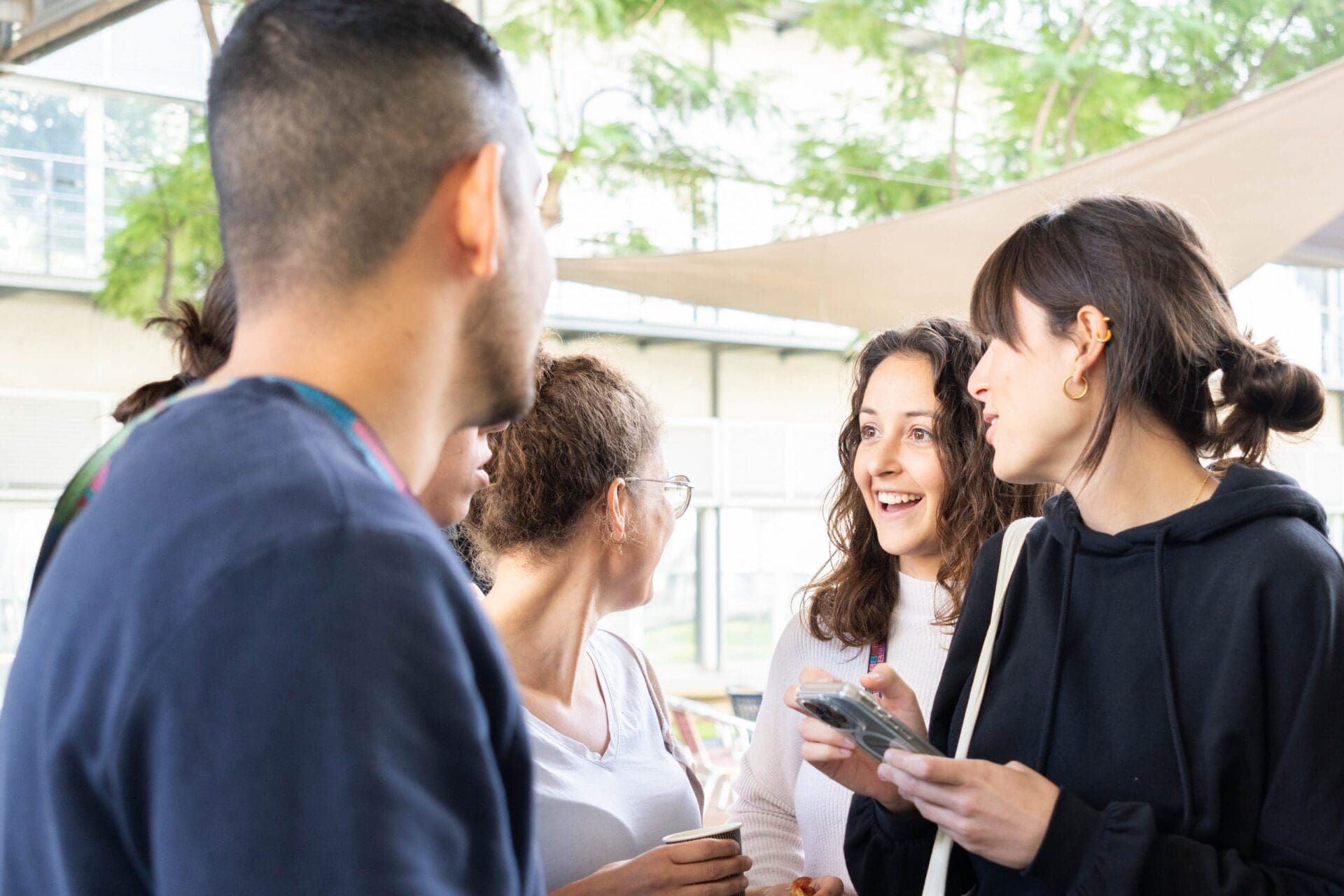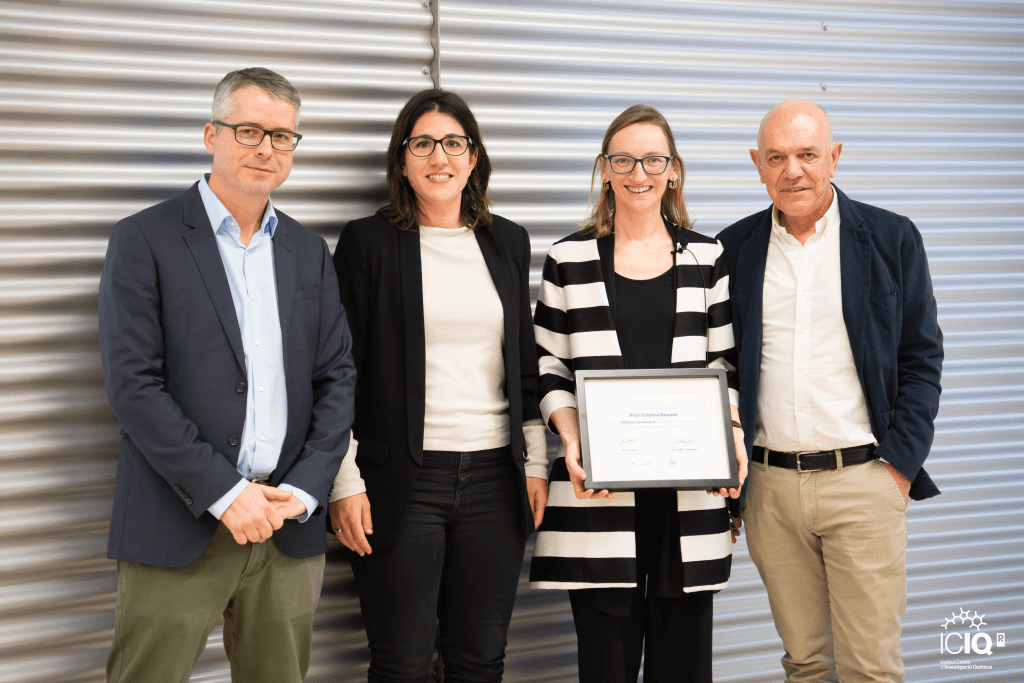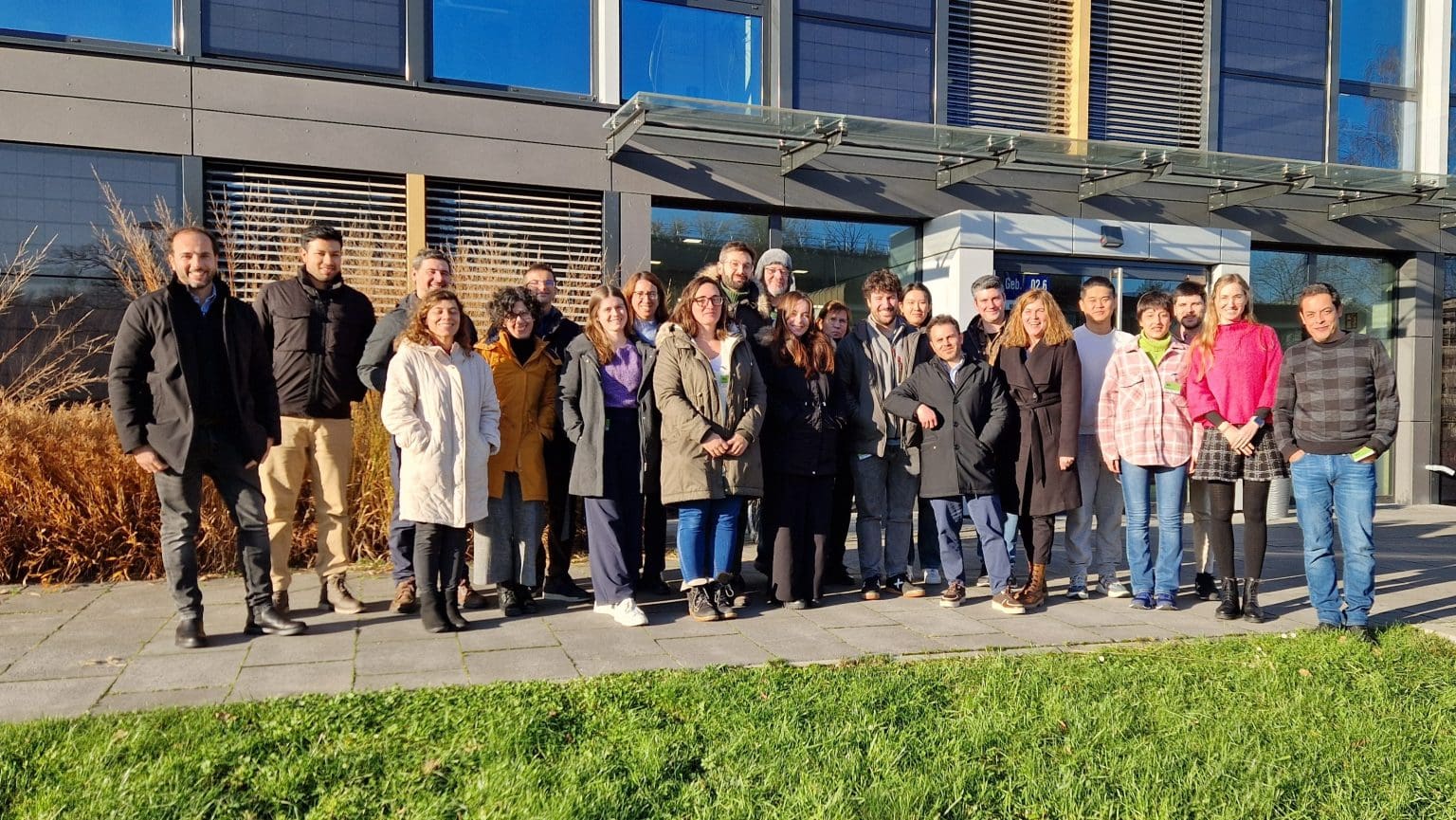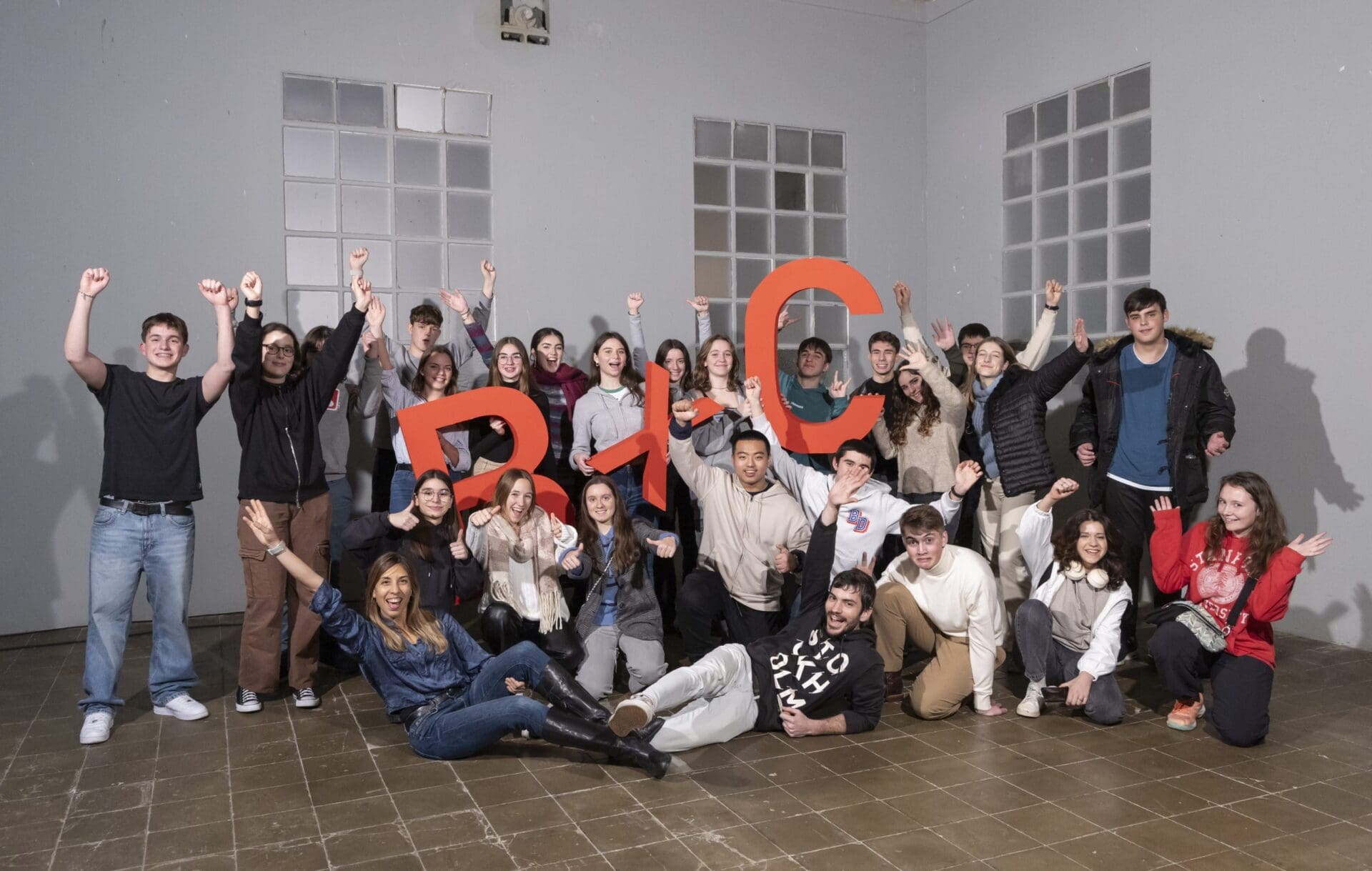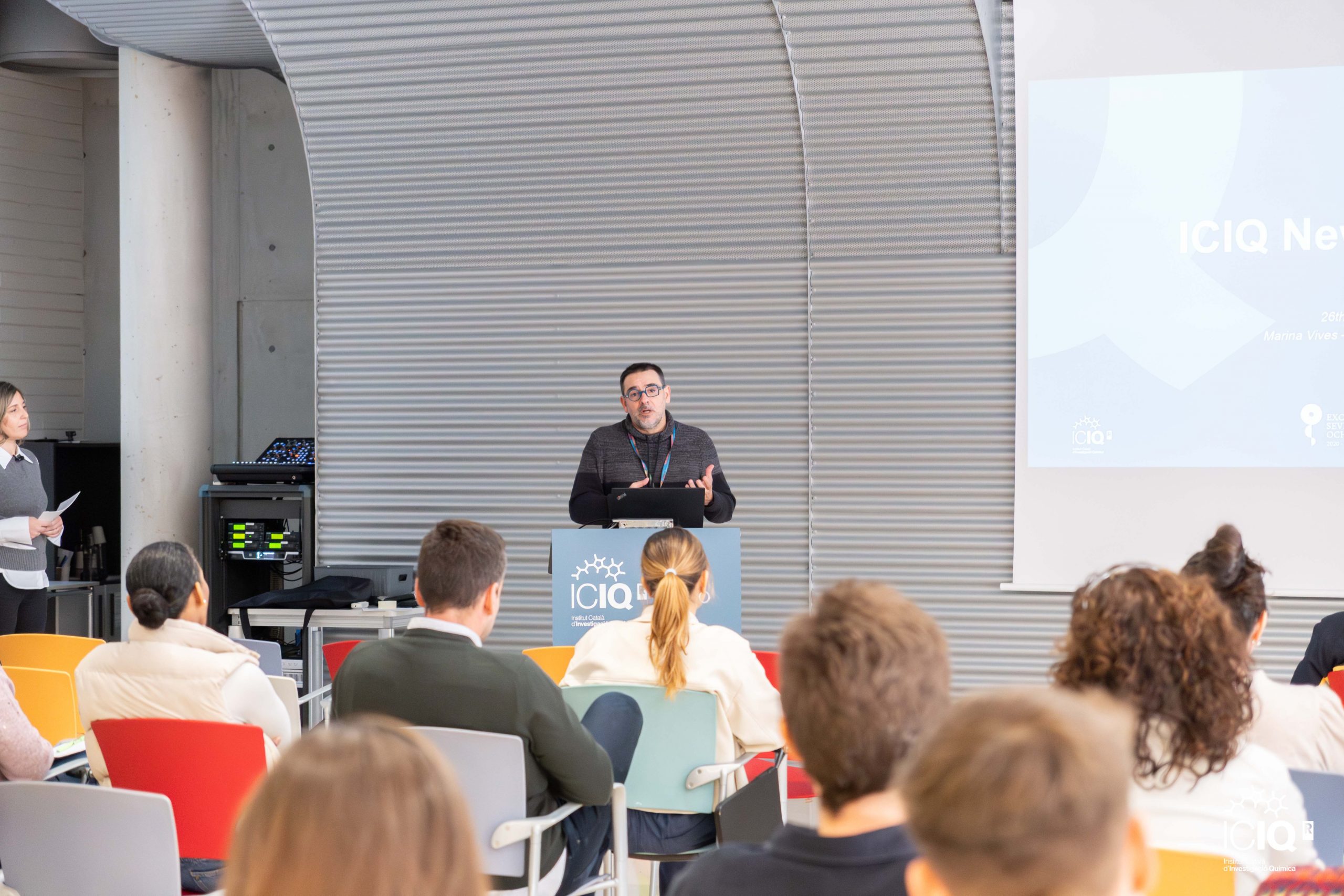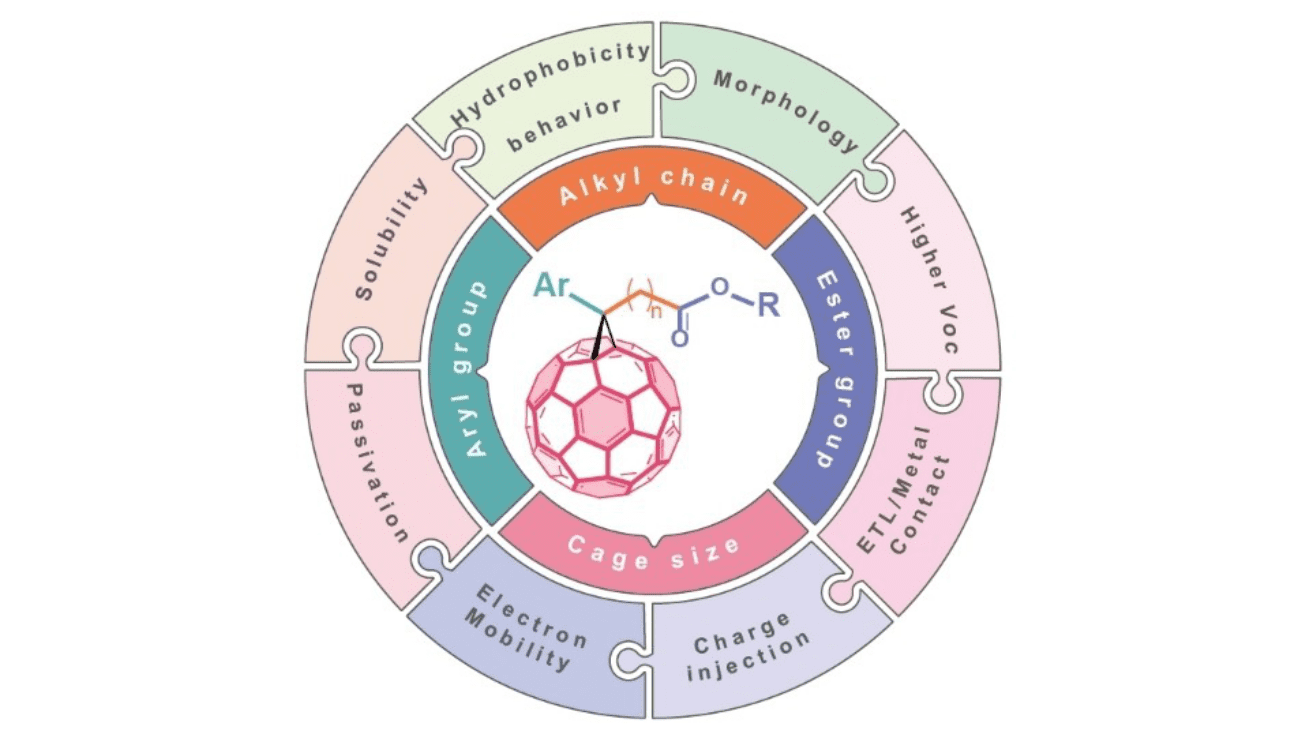Face to Face Jess Wade
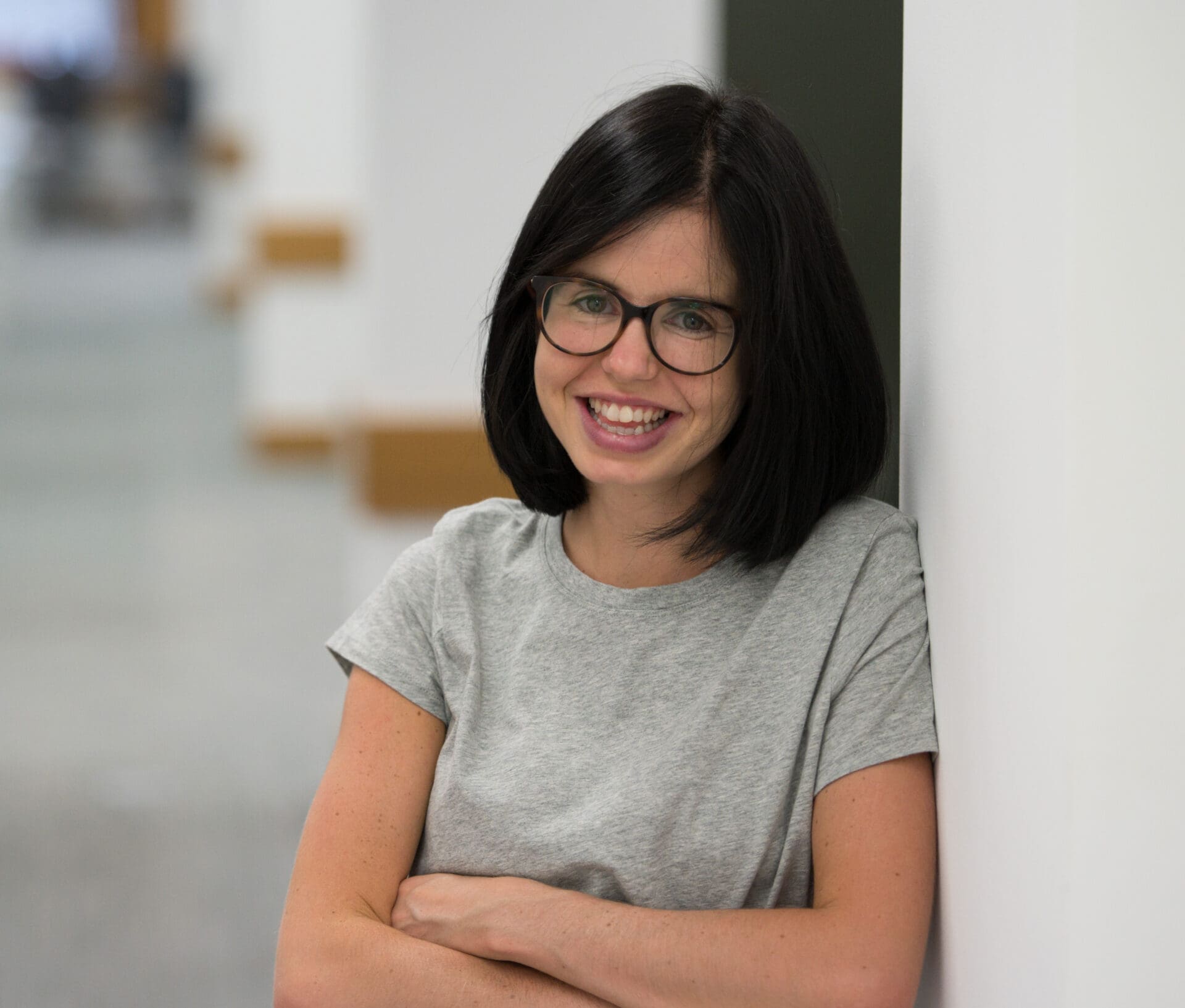 Jess Wade is a physicist working on new materials for electronic devices in the UK. She started her studies at the Chelsea College of Art and Design, where she was trained in fine art, and in 2012 completed a master’s degree in physics at Imperial College London. She stayed there for her doctoral research – and in 2016 earned a PhD developing new characterisation techniques for organic semiconductors, supervised by Ji-Seon Kim. Wade is now working between the departments of physics and chemistry at Imperial, and alongside her work as a postdoc, is involved with public engagement and science education. She’s also a champion for women in physics (and science) and is a prolific Wikipedia editor, where she tackles gender bias in biographies. Wade’s work – both scientific and outreach – has been recognized with many awards and honours. Only in the last year, she won the Leadership Award for Societal Engagement given by Imperial College London, and has received the British Empire Medal in the 2019 Queen’s Birthday Honours for services to gender diversity in science.
Jess Wade is a physicist working on new materials for electronic devices in the UK. She started her studies at the Chelsea College of Art and Design, where she was trained in fine art, and in 2012 completed a master’s degree in physics at Imperial College London. She stayed there for her doctoral research – and in 2016 earned a PhD developing new characterisation techniques for organic semiconductors, supervised by Ji-Seon Kim. Wade is now working between the departments of physics and chemistry at Imperial, and alongside her work as a postdoc, is involved with public engagement and science education. She’s also a champion for women in physics (and science) and is a prolific Wikipedia editor, where she tackles gender bias in biographies. Wade’s work – both scientific and outreach – has been recognized with many awards and honours. Only in the last year, she won the Leadership Award for Societal Engagement given by Imperial College London, and has received the British Empire Medal in the 2019 Queen’s Birthday Honours for services to gender diversity in science.
What made you decide to become a scientist?
Both my parents and brother are medical doctors and growing up we spoke about science all the time. I always knew I liked science and helping people. When I was in high school, I had really good science teachers and I guess that’s when I became fascinated by physics – and chemistry. It was really difficult to choose what to study for my undergraduate degree. In the end, I chose physics because I liked the order of physics and thought there are more questions I wanted to answer from physics. And also… I didn’t know how good I’d be in the synthesis part of undergraduate chemistry – a lot more went wrong during our chemistry lessons than our physics ones! But now I get to do a job that has both: I investigate the materials that chemists make for me, which is the best arrangement!
What do you enjoy the most about your job?
Certainly, my favourite part is when I make a thin film (which we use as the active layer in light emitting diodes) and start to do some experiments with it. Then you learn all of these things that you didn’t know and start to work out questions that you didn’t have answers for before. I find that really exciting! Also, I absolutely love teaching. I’m just starting in my career now, but I’d love to be a professor one day, in charge of a group that bridges physics, chemistry and materials. To discover how to apply materials in new ways and understand how to optimize them. Adapting experiments that people usually do for a particular type of material or device for something different, changing a process so that we can learn something new. I’d like to be a professor who’s quite involved with designing new ways to teach to make it more engaging for the undergraduates. As a professor, I’d also like to think more about the type of scientists that we hire so that we have a diverse range of experiences and skills.
Which are the greatest achievements in your career so far?
My greatest achievement has definitely been becoming more confident at just saying “this would be a cool thing to try out, lets’ do it”. The idea that to learn something new about our materials we might need to try different techniques that we’re not familiar with – and ones that no one else has done yet. That’s been quite exciting so far, and I’m looking forward to seeing where it goes next!
Could you give a piece of advice to young researchers who want to become excellent researchers in their fields?
My one piece of advice is to keep asking questions and to find a research group where you feel comfortable asking them. When you are choosing a group for your Ph.D. or postdoc, find a PI who you respect and make sure that the junior scientists in the group are happy. Go along to some of their group meetings and interview them too! Make sure that it is an environment where you feel like you can keep asking things that might feel silly but that you want answers to – I think that’s the most important way to learn.
I am a physicist, but in my postdoc, I’m surrounded every day by chemists and I think I ask the most obvious questions ever – but it just means that we all learn things so much better! The best scientists I’ve met are the ones who can sit down and easily explain complicated topics to you. And you get a lot more practice at that when you work in an interdisciplinary group. So, keep asking questions, even when you think you shouldn’t be, and find a group where you feel happy doing that.
How important do you think it is for scientists to explain their work?
I think it’s very important! Whether it’s in a technical way, in a conference or a scientific paper, or on the radio, TV or writing for a popular science magazine, I think that we have a responsibility as scientists to tell people what we’re doing. Mainly, because most of us are funded by taxpayer money so we should be able to explain why we are doing what we’re doing and how their money is being spent.
But also, I think the public trust in science is in an all-time low. We face huge global challenges like antibiotic resistance, fake news, flat-earth believers or anti-vaxxers, so we need to do a better job at communicating the science that we do and the process by which we do it. We also need to explain who can be a scientist, to help people realise that it’s completely normal to become a scientist, and make them realise we’re just like them. This is a huge responsibility, not only to communicate it but to communicate it well so that we do not alienate more of the general public.
We see many women studying chemistry at University including at PhD level; however, we do not see that many women working as researchers or academics. What do you think should be done to solve this?
I don’t like the leaky pipe-line model to describe why women leave science. It sounds like women are ‘failing’ – it’s always presented like women are leaving science and becoming unemployed. I think they go on to do other things – careers that are much better at attracting and retaining women. The ‘scissors’ graph frustrates me because it says that women are doing something wrong, whereas I think science is doing something wrong and we need to get better at supporting and championing diversity. We need diversity in science because we need the biggest range of ideas possible to solve the considerable challenges the world is facing.
We need to do a better job at keeping everyone who currently feels alienated by the system we’ve had for centuries, like women, people from different ethnicities or people who identify as LGBTQ+. At the moment we have a really biased view of the world: we’re designing and creating things that are developed by a team of people who look and think very similarly. Of course, we need people who are really good at sitting in a lab and solving complicated maths equations, but we also need people who can effectively communicate the findings of their research to get the money to keep on doing it; people able to tell the public why it’s important; people who can lead inclusive teams of scientists from different backgrounds; and, crucially, people who are really, really good at teaching, to train the new generation of scientists and engineers. Science needs so many different types of people, I don’t think all our problems can be solved by just employing the ‘stereotypical’ scientist.
I think we need to get better at looking where bias creeps into science and try to find ways to eliminate it. We know from published data that the peer review system is incredibly biased towards white western men. Being aware of your biases is one step to tackling it, but universities should recognize stuff beyond just published papers and the money you bring in. We need to look at the metrics used and start to reward for those things that we know are also important, like mentoring, teaching undergraduate students or leading happy diverse research teams. If we valued that kind of stuff as well, we would have far more minoritised groups in positions of power – we would have more women and people of colour leading research that’s cutting edge and ground-breaking. At the moment we put a lot of value on the things that really benefit privileged white men and not on the things that benefit others.
So, to solve this we need to check our biases and to have better practices within science that support people. The universities that have nurseries and childcare have way more women in senior positions than the ones who don’t – that’s an obvious and relatively simple fix. When people leave science it’s because they are getting better employment prospects, opportunities to take time out to look after their family – maybe that is looking after kids or elderly parents–, to have a more achievable work-life balance, etc. Science needs everyone to be involved to do better science.
What do you do in your spare time?
When I’m not on crutches I cycle and run – that’s why I’m on crutches now! I’m also a really big fan of Wikipedia and I write and edit biographies about women scientists.
If I went to London, what should I visit?
Primrose Hill, it’s near the centre of London, but with the perfect height to get this incredible panorama of the city. If you go there in the morning before sunrise it’s completely beautiful and you can see the silhouettes of all the famous buildings. It’s an interesting place when you visit at different times throughout the year: the sun rises over different places in the city, sometimes so far east that you can’t actually see it from Primrose Hill. And you also get to see very interesting people at sunrise because it’s either people who have woken up quite early to watch dawn, or people who haven’t even been to sleep yet… and then the sun starts coming up, and everyone is silent, stuck in this amber beauty.
ICIQ QUESTIONNAIRE
A chemical element: Carbon, I think it’s so useful and great, so versatile!
Favourite scientist: Joselyn Bell-Burnell, the British astrophysicist who discovered pulsars (rapidly rotating neutron stars that emit radio waves). She didn’t win the Nobel Prize; her supervisors won the Prize – for a bunch of rubbish reasons, but I guess this was a time before people called people out on twitter. 50 years later she won the Breakthrough Prize for Science for the pulsar discovery, and she has invested the three million dollars into a postgraduate research programme for physicists from underrepresented groups, particularly, women of colour.
Your favourite invention: to be honest, a garlic crusher. I hate cutting up garlic, so anything that saves me from touching garlic but getting the delicious taste!
If you had not been a scientist: I’d probably be a chef. I really like the whole chemistry-like way of cooking. I’d still consider it but… being a chef looks so stressful!
Favourite destination: the Muir Woods north of San Francisco, where you find these really tall and beautiful thousand-year-old trees. Maybe it’s the combination of how beautiful and tall the trees are and that your mobile phone doesn’t get signal so, you’re just at complete peace. Every time I’ve been there, I was in harmony with everything around me.
A book: Inferior by Angela Saini. The book talks about dodgy neuroscience studies that have been set up to show that women are intellectually inferior to men and looking at how biased those are. It’s also available in Spanish.
A movie: a bit obvious because it’s everyone’s favourite movie at the moment but my favourite recent movie is Parasites, it’s so amazing! It has complicated, incredible plot twists: you can’t predict anything that’s going to happen in the story. My all-time favourite is Matilda, especially the moment when she does a really complicated mental arithmetic calculation in her head and her friend just goes “wow.” I think about that all the time!
A dream: that my stupid country didn’t vote to leave the European Union.
Science is… exciting!
Related news

Let's create a brighter future
Join our team to work with renowned researchers, tackle groundbreaking
projects and contribute to meaningful scientific advancements






 11-12-2024
11-12-2024 